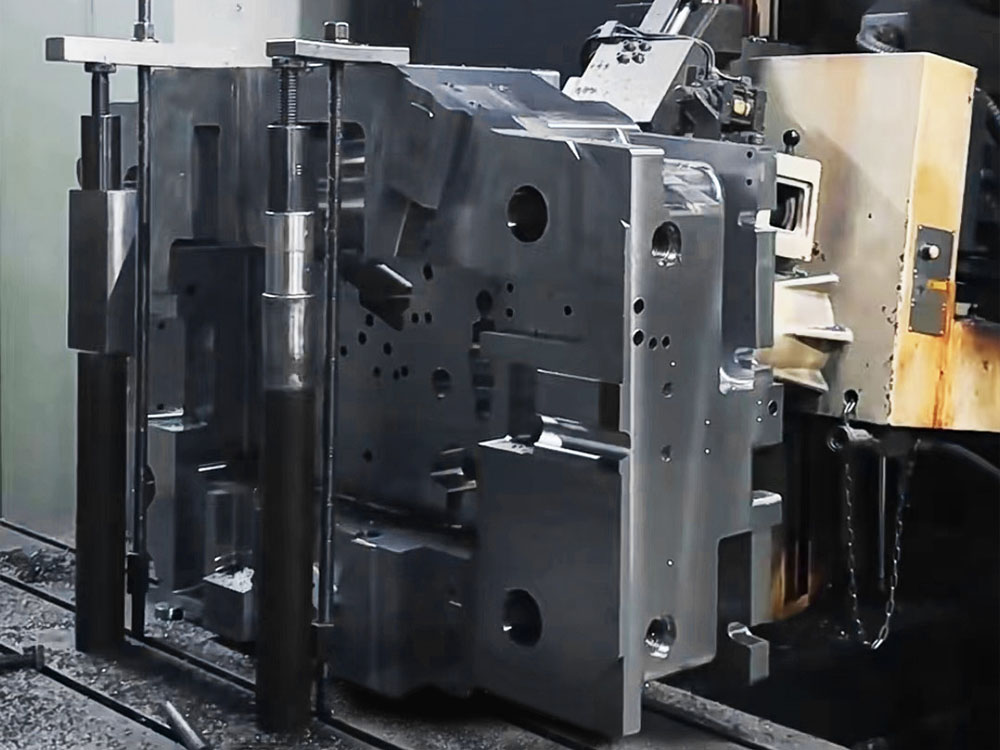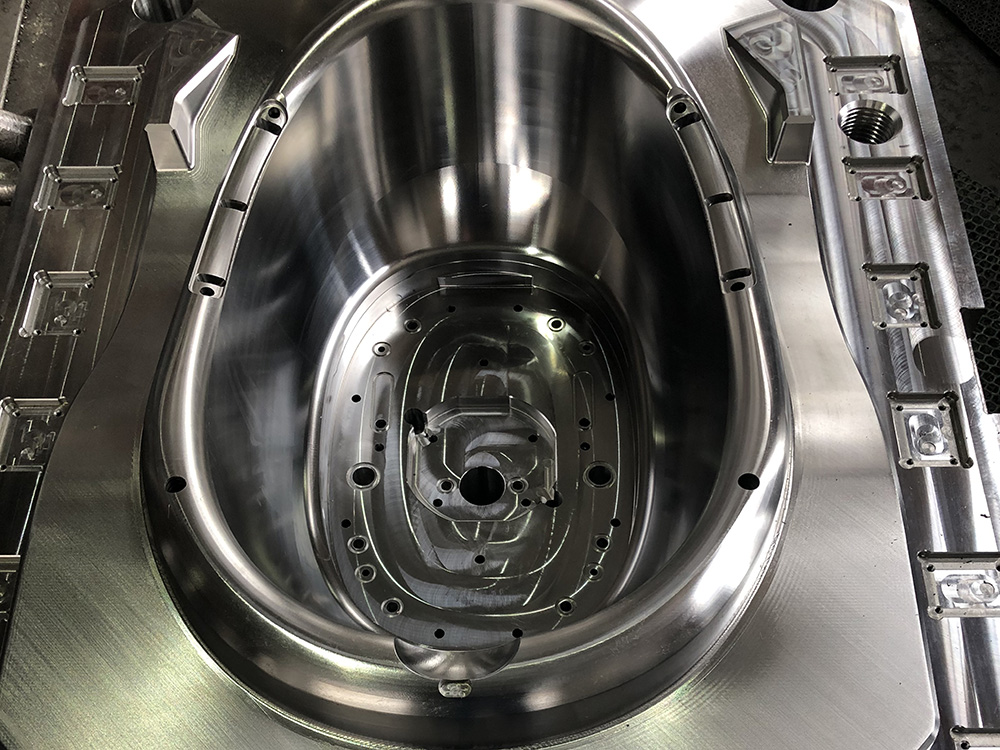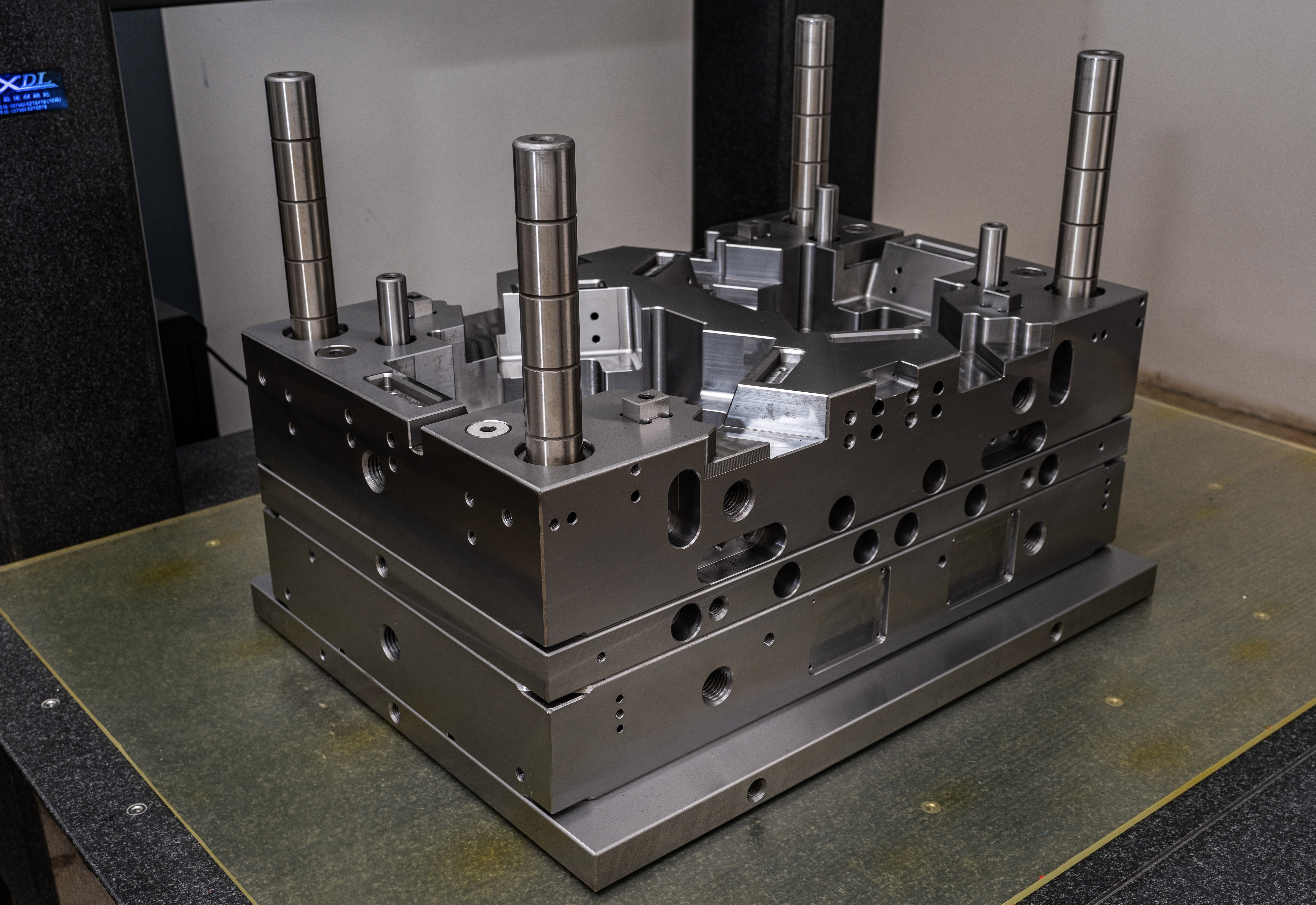Job Search in Programming: Opportunities in the Mold Base Industry
In the world of programming, there are a plethora of job opportunities available across various industries. One such industry that offers exciting prospects for programmers is the Mold Base industry. This article aims to provide an overview of the job roles and responsibilities, skills required, and the future growth prospects in this particular field.
Mold Base Industry Overview
The Mold Base industry is a critical component of the manufacturing sector, specifically in the production of molded plastic parts. Mold base refers to the framework or foundation on which the mold for the product is built. Companies in this industry design and manufacture mold bases to meet the specific needs of their clients. As the industry embraces technology advancements, there is a growing demand for skilled programmers and software developers to enhance the production process.
Job Roles and Responsibilities
1. Mold Base Software Developer
A Mold Base Software Developer plays a crucial role in creating and maintaining software applications specifically designed for the mold making process. They work closely with mold designers and engineers to ensure that the software meets the industry standards and client requirements. Their responsibilities include developing, updating, and debugging software programs, ensuring compatibility with CAD systems, and optimizing the software for efficient mold production.
2. Mold Base Automation Engineer
Mold Base Automation Engineers focus on automating various aspects of the mold making process. They design and implement automation solutions to streamline workflow, reduce errors, and increase efficiency. These professionals develop and integrate software systems, robotics, and control systems to automate tasks such as mold assembly, machining, and quality control. They are also responsible for testing and troubleshooting automated systems to ensure smooth operation.
3. Mold Base Quality Assurance Engineer
A Mold Base Quality Assurance Engineer plays a vital role in ensuring that the manufactured mold bases meet the required quality standards. They are responsible for designing and implementing quality control processes, conducting inspections, and identifying defects or discrepancies in the mold base components. These professionals work closely with the production team to implement corrective actions and maintain consistent quality throughout the manufacturing process.
Skills Required
1. Proficiency in Programming Languages
To excel in the Mold Base industry, programmers need to have a strong command over programming languages such as C++, Java, or Python. These languages are commonly used in developing software applications and automation systems used in mold making.
2. Knowledge of CAD/CAM Software
A thorough understanding of Computer-Aided Design (CAD) and Computer-Aided Manufacturing (CAM) software is essential in the Mold Base industry. Programmers must be familiar with software such as AutoCAD, SolidWorks, or CATIA to develop mold base designs and ensure compatibility with other systems.
3. Problem-Solving Skills
Working in the Mold Base industry requires excellent problem-solving skills. Programmers must be able to analyze complex issues, develop innovative solutions, and troubleshoot problems that may arise during the manufacturing process.
4. Collaboration and Communication
Collaboration and effective communication skills are vital for programmers working in such a dynamic industry. They need to collaborate with mold designers, engineers, and production teams to understand their requirements, discuss potential software improvements, and ensure smooth implementation and integration of software systems.
Future Growth Prospects
The Mold Base industry has witnessed significant growth in recent years, thanks to advancements in technology and increased demand for molded plastic parts. With a growing focus on automation and improved efficiency, the need for skilled programmers in the industry is expected to increase further.
Furthermore, as additive manufacturing technologies such as 3D printing continue to evolve, programmers will play a vital role in developing software solutions that cater to these innovative manufacturing processes. The industry will provide programmers with ample opportunities for career growth and development.
Conclusion
The Mold Base industry offers exciting prospects for programmers seeking diverse job roles and challenges. With the right skills in programming languages, CAD/CAM software, and problem-solving capabilities, programmers can contribute to enhancing efficiency, automation, and quality control in the mold making process. As the industry continues to evolve, the demand for skilled programmers is expected to rise, providing an excellent opportunity for those willing to pursue a career in this field.




